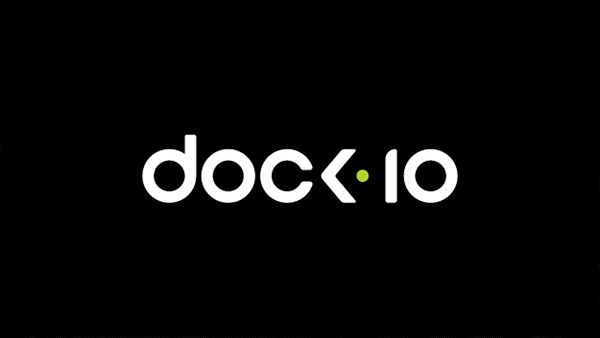Philip Webb, COO of OUTtv, explains how the streamer’s UK commissioning strategy speaks directly to Queer audiences.

When I’m asked about OUTtv’s commissioning strategy in the UK, my answer is always the same: we’re here to create queer content for a queer audience. As an LGBTQ+ streaming service, that guiding principle shapes everything we do and as a result of that, our strategy for the UK doesn’t differ hugely from our overall commissioning strategy across all our regions, which now include the USA, Canada, South Africa, Taiwan, Australia and New Zealand. We’re not looking to explain queer life to mainstream audiences, and we’re certainly not trying to package our stories to make them more palatable. What matters most is authenticity. We’re looking for content that feels authentic, recognisable, and speaks directly to our community.
That being said, in the UK specifically, comedy has emerged as something of a sweet spot for us. There’s something uniquely (and unexpectedly) translatable about British humour. It travels well, it’s understood globally, and crucially, it aligns naturally with the wit and edge often found in queer storytelling. Stand-up comedy especially has proven to be a powerful format. Building Betty and Joan’s, a docuseries following the highs and lows of finding a new home for the UK’s first permanent queer comedy club, came to us as a concept tied to a new bar launch, but what we saw was something far more compelling – in the friendships between the founders and the importance of queer spaces in the UK. It hits that perfect combination of community energy and comedy we’re always on the lookout for, and as a series is funny, warm, and totally disarming.
I have a personal connection to the UK, being from here and having started my career in British television, so this market means something to me personally – and equally, from a professional standpoint, it’s an important market with original and distinctive programming which travels globally. The UK remains a key part of the English-speaking content world. That said, we had perhaps underestimated just how challenging it would be to gain visibility here. British audiences want to hear their own voices reflected – not just in accent, but in tone, rhythm, and cultural nuance. It’s a highly self-aware market, and we’ve had to work harder to earn our place within it. We are currently developing a number of partnerships with creators and producers that I believe will build on that and help us build a more consistent presence in the UK landscape with a stable of programming which is genuinely homegrown.
At OUTtv, we’re used to taking risks. We back first-time producers, unknown talent, and ideas that don’t come with clear-cut labels – we’re also committed to ensuring we genuinely support the community by giving queer creators what’s often their first shot at making a show. That spirit extends to the work we commission in the UK too, but we’re also very practical. Budget constraints are a reality, and while most of our investment still goes into North American content, we’re always on the look-out for UK projects that are creatively bold but also budget-savvy. The creative talent pool in the UK is exceptional, and we’ve been fortunate to be in conversations with a wide range of producers and talent whose work we genuinely admire.
We’re also committed to spotlighting voices outside of the usual metropolitan centres. London will always be a creative hub, but it’s not the whole story of the UK. We’re in talks with creatives in the Midlands and Scotland, and we’re keen to develop content that reflects the full breadth of regional experiences. That inclusivity also extends to the communities we serve. The trans community, in particular, is facing growing pressure and public scrutiny both globally and in the UK specifically, and we believe it’s important to meet that with visibility and nuance. We already feature a variety of trans-focused drama and reality shows, but we’re now moving more deliberately into documentary storytelling in this space. In terms of documentary commissions, we’ve developed a relationship with the Iris Prize with a view to supporting queer British documentary films, including an upcoming documentary about Jackie Forster.
The way people consume content is also evolving. Subscribers now move in and out of platforms far more fluidly than they used to, especially with niche services. This means we have to be consistent, so we aim to release something new and engaging every couple of weeks. The goal is not just to attract viewers, but to retain them. The longer someone stays with us, the more we’re able to reinvest in the content they care about.
Ultimately, our commissioning strategy isn’t about chasing mainstream relevance, it’s about resonance. We want our viewers to feel seen, to laugh at something that feels like home, and to engage with content that assumes a shared understanding, not one that needs explanation. If a show uses slang or references only our community will get, even better. That’s not exclusion, it’s connection. And it’s the kind of connection we’ll keep striving to deliver.
Jon Creamer
Share this story

















